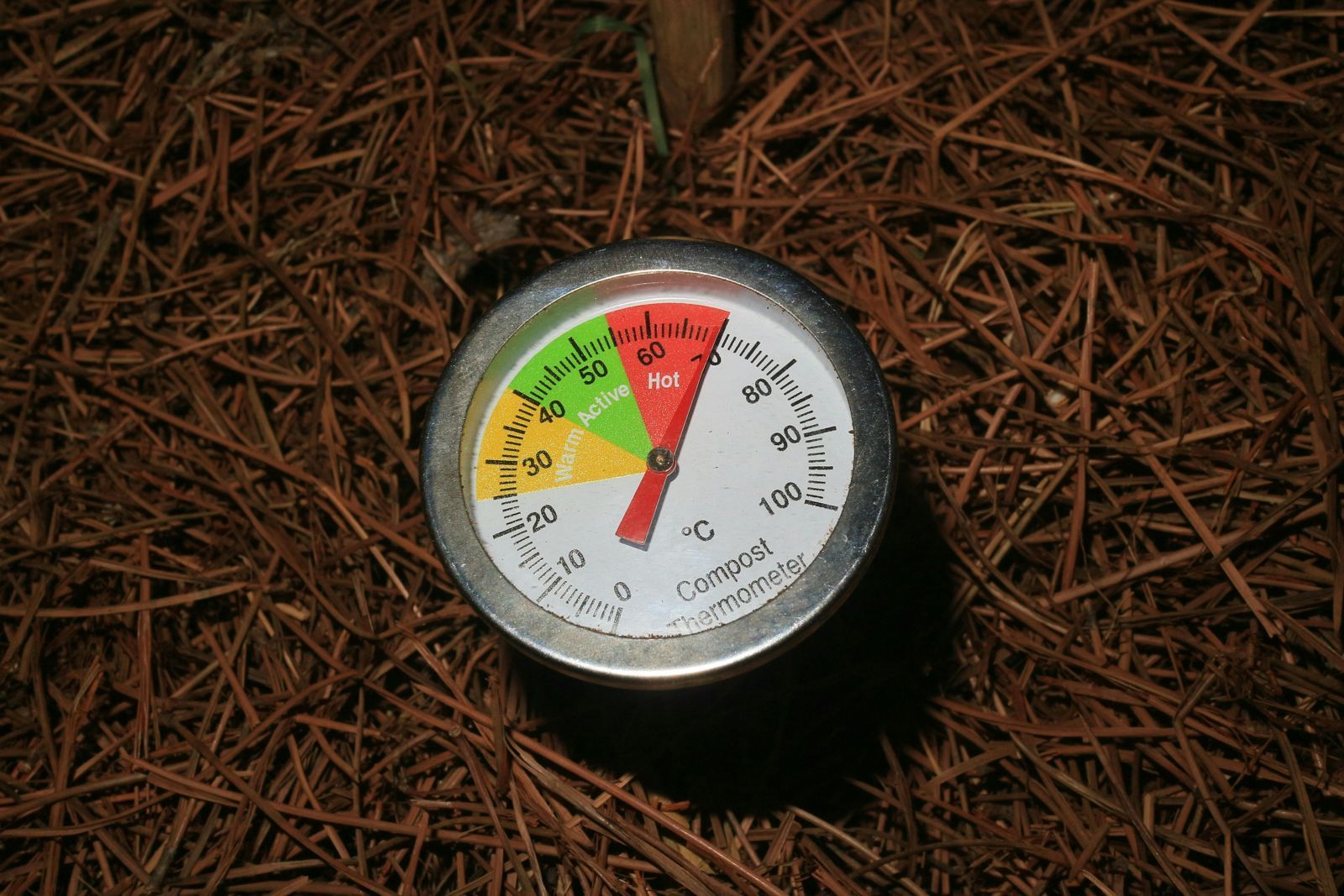Balancing Act: How Air Source Heat Pumps Master Humidity Control
Air source heat pumps are renowned for efficiently heating and cooling homes. However, their impact on indoor humidity is often overlooked. These versatile systems play a crucial role in maintaining temperature and optimal humidity levels, contributing significantly to overall home comfort.
The Importance of Humidity Control
Proper humidity control is essential for a comfortable and healthy living environment. Excessive humidity can lead to mould growth and musty odours and can exacerbate allergies. Conversely, dry air can cause skin irritation, respiratory issues, and even damage to wood furniture and flooring. Air source heat pumps help maintain the ideal humidity range of 30-50%, enhancing comfort and protecting your home.
How Air Source Heat Pumps Manage Humidity
During the cooling process, air source heat pumps naturally dehumidify the air. As warm air passes over the cold evaporator coil, moisture condenses and is removed. This process is particularly effective in humid climates, where it can significantly improve indoor air quality and comfort.
In heating mode, these systems don't actively add moisture to the air, which can be beneficial in preventing excessive humidity during colder months. However, supplemental humidification might be necessary in very dry climates or seasons to maintain optimal comfort levels.
Optimizing Your System for Humidity Control
To maximise the humidity control benefits of your air source heat pump:
- Proper sizing: Ensure your system is correctly sized for your home. An oversized unit may cool too quickly without adequately removing humidity.
- Fan speed adjustment: Lower fan speeds often result in better dehumidification during cooling cycles.
- Regular maintenance: Keep your system clean and well-maintained to ensure efficient operation and optimal humidity control.
- Use of a dehumidification mode: Some advanced models offer a specific dehumidification setting instrumental in humid climates.
The Comfort and Health Benefits
Air source heat pumps effectively manage humidity, creating a more comfortable living environment. Proper humidity levels can make your home feel cooler in summer and warmer in winter, allowing you to adjust your thermostat settings for additional energy savings.
Moreover, maintaining optimal humidity helps reduce the growth of mould, mildew, and dust mites, contributing to better indoor air quality and potentially alleviating allergy and asthma symptoms.
In conclusion, air-source heat pumps offer a comprehensive solution for home comfort, addressing both temperature and humidity control. By understanding and optimising these features, homeowners can enjoy a more comfortable, healthier living environment while benefiting from these systems' energy efficiency.
You might also like












